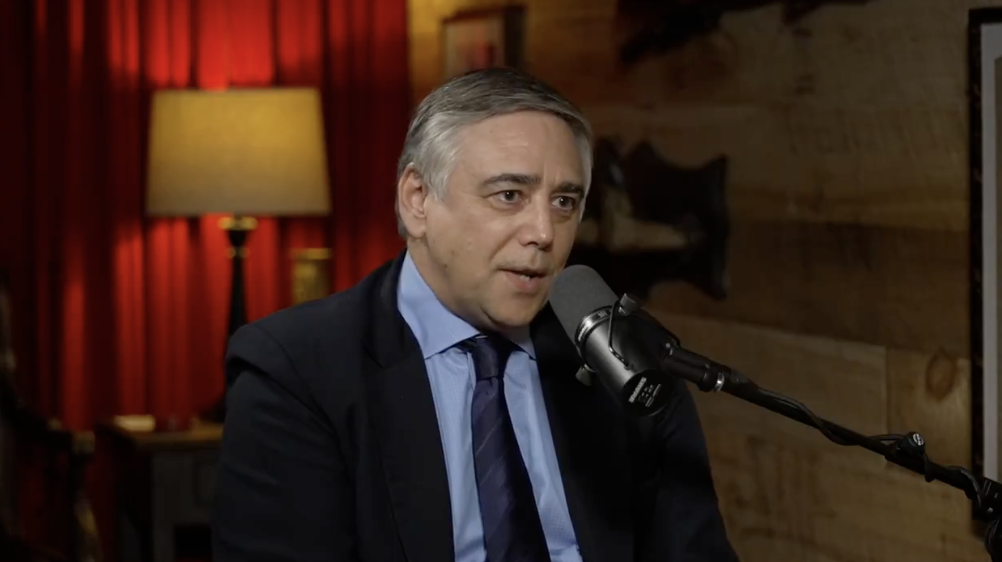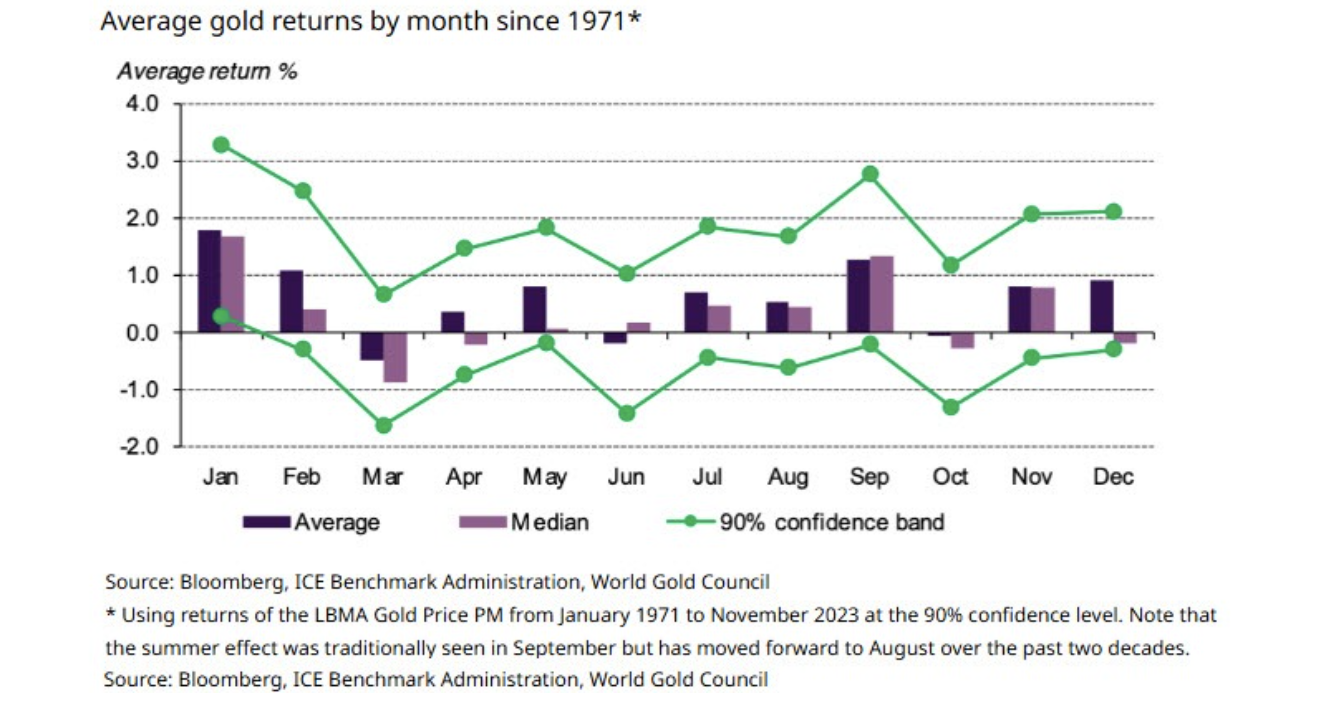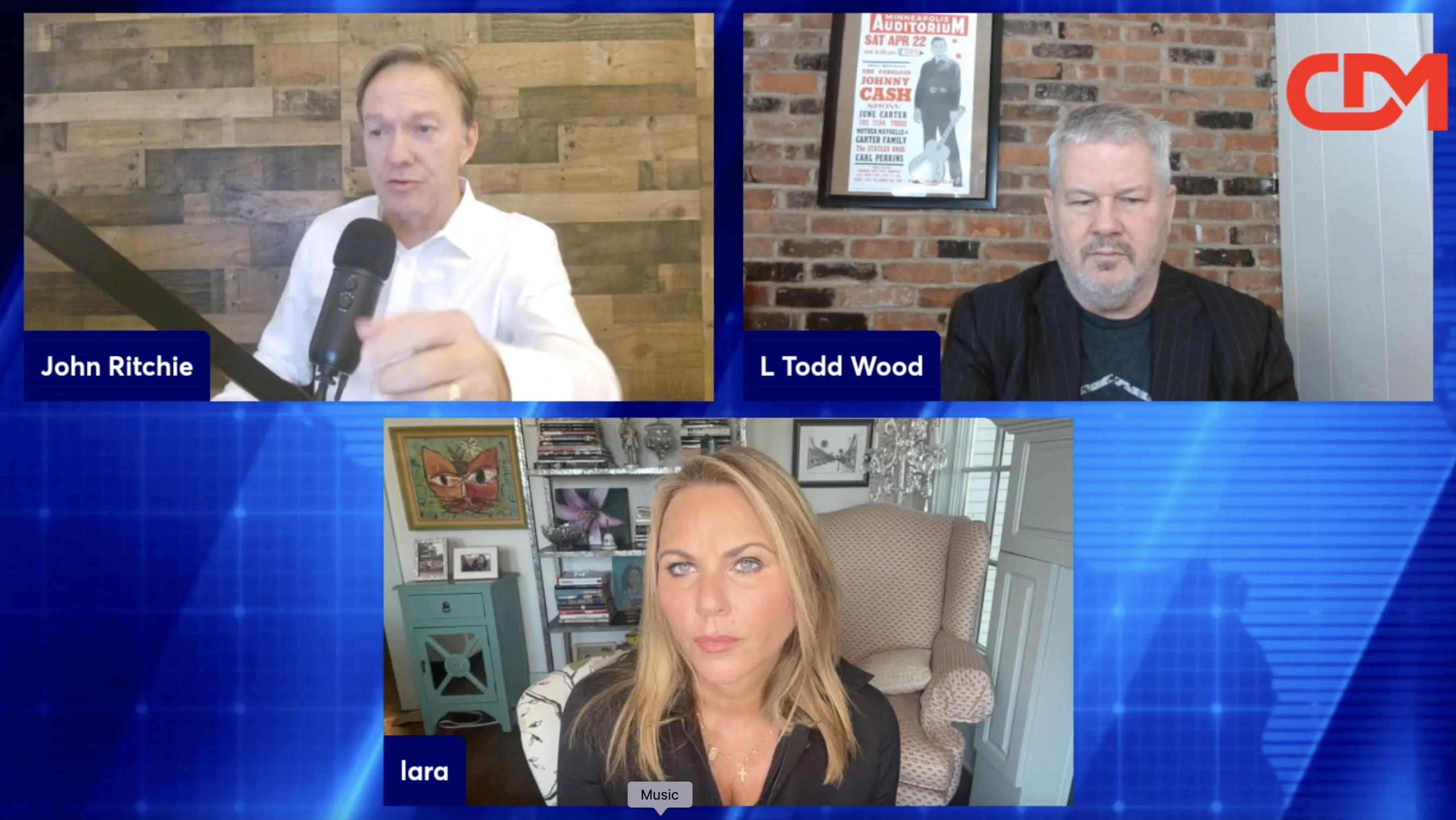
Please Follow us on Gab, Minds, Telegram, Rumble, GETTR, Truth Social, X
Reprinted with permission•Mises Wire•Antony P. Mueller
In office for just over nine months, Argentine President Javier Milei continues to face enormous economic and political challenges. His support from Congress and the Senate is fragile, and the president’s opponents are trying to mobilize the masses against his policies. This makes success in the economic sphere all the more urgent. The aim here is to find a way out of stagflation—the simultaneous occurrence of stagnation or recession and inflation—in which the Argentine economy currently finds itself as quickly as possible.
The signs are not good. When the Western industrialized nations fell into stagnation in the 1970s, it took almost a decade for price inflation to be defeated to some extent and for economic growth to pick up again. Milei doesn’t have that much time, even though a lot has already been achieved. Since taking office on December 10, 2023, Javier Milei has the following advantages:
- Surplus since January 2024
- Restriction of money creation by the central bank since April 2024
- Reduction of the inflation rate since April 2024
- Abolition of various price regulations (e.g., on the housing market)
- Reduction of various price subsidies
- Abolition of eight ministries, partly with complete closure and dismissal of around 30,000 state employees
However, the negative side still has a heavy impact:
- Price inflation remains high (237 percent per year)
- Unemployment rises (7.6 percent)
- Labor force participation is very low (48 percent)
- Industrial production is negative (-5.4percent annual)
- External debt rises to around $290 billion
- Insufficient level of foreign exchange reserves (currently $21.7 billion)
- Devaluation to 975 pesos from 322 to the dollar when he took office
‘NO AD’ subscription for CDM! Sign up here and support real investigative journalism and help save the republic!‘
In presenting the budget in September, the Milei government announced the following expectations for 2025:
- 5 percent increase in gross domestic product
- Reduce price inflation to 18 percent per year by the end of 2025
- Devaluation of the currency to 1207 per dollar by the end of 2025
- Achieve a primary budget surplus of 1.3 percent of gross domestic product
If you take a closer look at the current figures, doubts grow whether these goals can be achieved. Worrying indicators are that the central bank money supply is not falling further and that the so-called M1 money supply is even increasing. Inflation expectations fell sharply in the first half of the year but have remained steady at 50 percent per year since then. With price inflation remaining high, the central bank may have cut interest rates too much and will be forced to reverse them when the rate of inflation picks up again. This, in turn, would further delay the recovery of industrial production. In addition, high payments for the interest on foreign debt are due in January next year.
2025 will be the critical year for Javier Milei, also because midterm elections are due in October 2025. By then, the president will have to whip his electoral alliance into shape to have enough votes in the legislature for the next stage of his policy.
To understand why Milei—an avowed “anarcho-capitalist”—came to power in the first place, it is enough to point out that Argentina has experienced a loss of prosperity for more than fifty years. While many other emerging markets have achieved massive gains in prosperity, the level in Argentina has fallen. But this is not the only reason why frustration is so widespread. One trigger to try something completely new is price inflation. This was already very high in all the previous decades, but in the past two years, it has risen rapidly. While the annual inflation rate was still around 50 percent at the beginning of 2022, it had risen to over two hundred percent when Javier Milei took office in December 2023. It was above all the promise to finally put an end to inflation that brought Milei into office.
Now the task for him is whether he can keep his promise without the recession deepening. In a nutshell, the task is that the reduction in the money supply and the reduction in government spending will be compensated for by a corresponding increase in private sector activity so that unemployment does not rise too much. Thus, much depends on the extent to which the government succeeds in strengthening the private sector through deregulation and privatization.
In addition to the domestic political problem areas, foreign trade is a decisive factor. Argentina is almost completely cut off from private foreign financing. New loans can only be expected from the International Monetary Fund (IMF), but Argentina is already the country most indebted to the IMF with $42 billion in outstanding loans. Regarding the foreign debt of currently $287 billion US dollars, an estimated $15 billion US dollars are due to interest and partial amortizations starting in January of next year. Financially, Argentina will be very dependent on foreign exchange income. These can hardly be provided by the country’s export industry. Compensation would have to be made by foreign direct investment. There are already some positive signals here. But it remains to be seen whether the announcements will be followed by action because the economic climate is getting cloudy in the industrialized countries.
Argentina belongs to the large group of countries that have been systematically ruined by their own governments. Whether more “right” or more “left,” these politicians had in common a deep penchant for interventionism. What distinguishes Javier Milei is that he offers an alternative to the Argentine people. He calls himself an “anarcho-capitalist,” but what he promises and wants to implement is essentially a sound economic policy. Therefore, one should not expect too much anarcho-capitalism from the president. Even if he wanted to, he could not push it through politically. However, much would already be gained if he prevails in macroeconomic matters and succeeds in taming inflation and bringing about an economic upswing. This alone would have a signal effect worldwide, but especially for Latin America, where the tendency towards socialism is still widespread.
Where is Milei’s anarcho-capitalism, one wonders? There is little to see of this. He is pursuing a policy that the International Monetary Fund has already prescribed for many debtor countries. Governments have often followed the IMF’s requirements rather reluctantly. The Argentinian president does it voluntarily and to an even harsher extent. To reform an entire country abruptly in an anarcho-capitalist way is an impossibility. It would probably be better if Milei took a different path: that of private free cities or special economic zones.
This concept states that the government of a country designates certain territories, and the state largely withdraws administratively and leaves most of it to the private sector. Low or no taxes and almost no regulations are the incentives for companies and private investors to settle there. The labor market in these zones is almost completely free of regulation, and people come there voluntarily to work and do business.
Argentina’s location, in particular, is ideal for such a strategy because of its many almost completely uninhabited regions. The Argentine government could designate areas the size of Holland and lease these selected territories to a private company, the amount of which would vary according to the economic success achieved there. A comparison of the circumstances with the already existing administrative special zones in other parts of the world indicates that the chances of success in Argentina seem very favorable. This would be particularly the case if a libertarian government, such as that of Milei, undertook to extend the absence of state rule in such a special zone as far as possible, and accordingly to create a comprehensive space for a private legal system. Such a project could have a signal function for the whole world and provide practical proof that and how anarcho-capitalism works.
This article is based on the presentation “Milei After Nine Months: A Critical Update,” which the author gave on September 21 at the 19th Conference of the Property and Freedom Society (PFS) in Bodrum, Turkey.
























